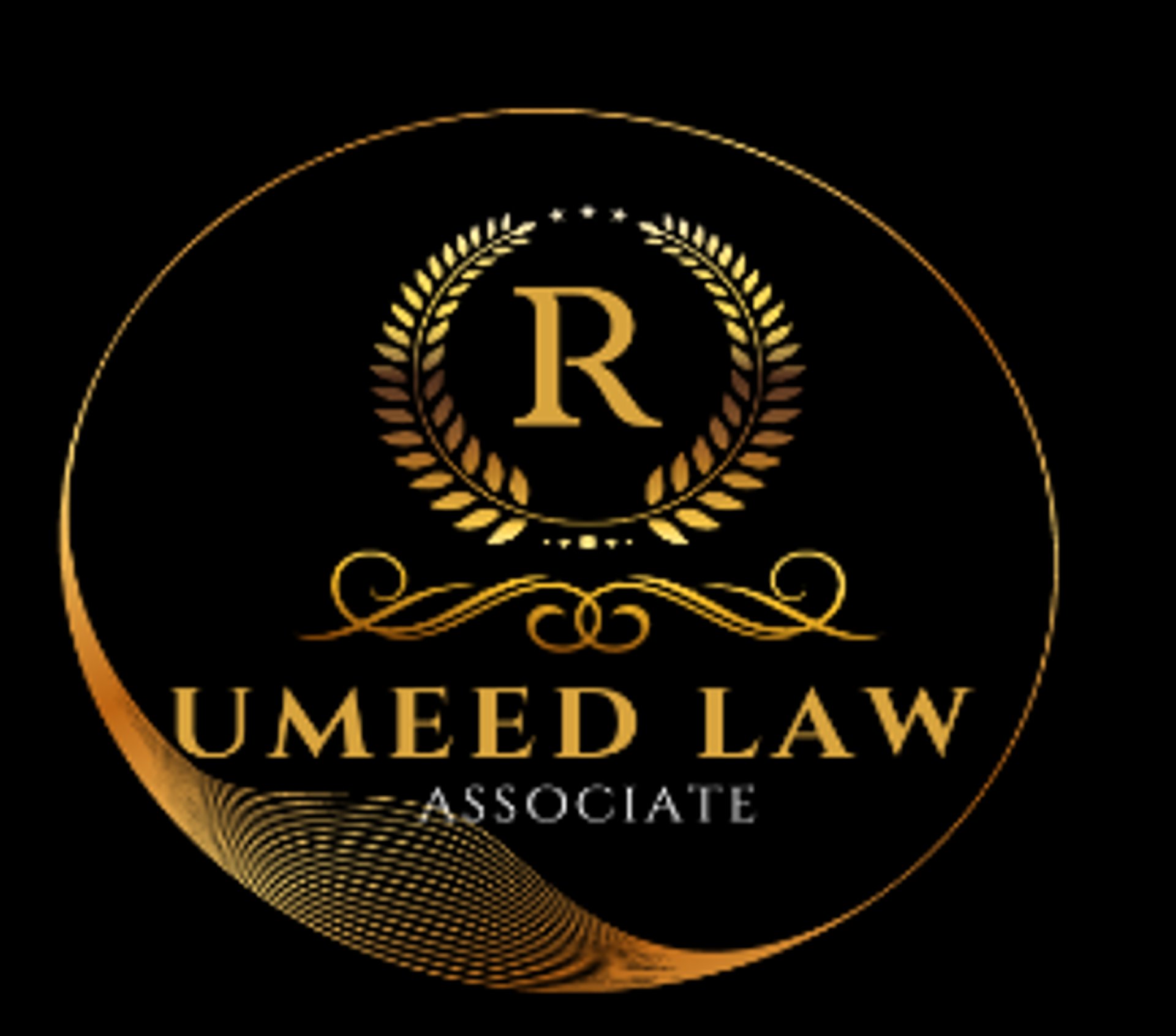Federal excise law is a legislated duty on specific goods or services at purchase such as tobacco, cement, automobiles and liquified natural gas, excise duties are intranational duties imposed within a government infrastructure rather than international duties imposed across country borders.
A federal excise duty is usually collected from automobile sales, cement, tobacco, and other goods and services. Federal excise duty (FED) is leviable on certain types of manufacturing, import of goods, and rendering of services at varying rates. Sales tax on services, which is a replacement of FED, under the constitution, is to be levied and collected by the provinces on services rendered within their jurisdictions.
A basic understanding of Federal Excise Duty (FED) concepts would not only ensure that the tasks are performed easily but also in the prescribed manner, deduction of amount of duty paid on goods used in the manufacture or production of other goods from the amount of duty payable on such other goods in the prescribed manner.
RIZWAN & ASSOCIATES - LLP | FEDERAL EXCISE LAW SERVICES - PAKISTAN


The Federal Excise Act, 2005, was promulgated with effect from 1st July 2005, repealing the Central Excises Act, 1944. Following are some of the significant changes brought about by the new Act:
The word “Federal” was used in place of “Central”. Therefore, now the term “Federal Excise Duty” is more appropriate as compared to the old “Central Excise Duty” for the duties of excise levied under the 2005 Act.
The system of physical supervision has been entirely done away with and now all clearances will be self-assessed and no prior permission for clearance will be required.
The payment of duty will be on monthly basis and the duty on all clearances during the month will be payable by the 15th of next month. This is in contrast to the previous requirement of payment of duty prior to clearance.
No gate passes are required for clearances as in the old system.
Double taxation has been eliminated by allowing adjustment of the excise duty paid on the input goods used directly in the manufacture of excisable goods.
On some services and goods, FED is payable in VAT more i.e. in the same manner as provided in the Sales Tax Act, 1990. For details see the link ‘Goods/Services Liable to Excise Duty’ on this page.
Federal Excise duty is payable on:
goods produced or manufactured in Pakistan;
goods imported into Pakistan;
such goods as the Federal Government may, by notification in the Official Gazette, specify, as are produced or manufactured in the non-tariff areas and are brought to the tariff areas for sale or consumption therein; and
services, provided or rendered in Pakistan.
EXEMPTION OF GOODS & SERVICES (SEC. 16)
the goods and services specified in the First Schedule, which shall be charged to Federal excise duty as, and at the rates, set-forth therein;
the goods and services specified in Third Schedule shall be exempt from duty subject to such conditions and restrictions if any, specified therein and no adjustment in terms of section 6 shall be admissible in respect of goods exempt from the duty of excise whether conditionally or otherwise; and
the goods as mentioned in the Second Schedule shall be chargeable to FED in the same manner as provided in the Sales Tax Act, 1990, as provided in Sec. 7 of the Federal Excise Act, 2005.
SPECIAL EXCISE DUTY
As part of budgetary measures for the year 2007-08, Special FED at 1% has been levied on goods which are manufactured or are imported in Pakistan. This duty is in addition to FED as prescribed in the First Schedule of the Federal Excise Act, 2005. For a list of goods excluded from the purview of this special duty and other details see SRO 655(I)/2007.
OUR CORE COMPETENCIES
COLLABORATIVE SKILLSET
Collaborative lawyers trust the wisdom of the group; lone wolves and isolationists do not do any good anymore.
EMOTIONAL INTELLIGENCE
Distant, detached lawyers are relics of the 20th century, the market no longer wants a lawyer who is only half a person.
TECHNOLOGICAL AFFINITY
If you can not effectively and efficiently use e-communications, and mobile tech, you might as well just stay home.
TIME MANAGEMENT
Virtually a substantial part of lawyers difficulties in this regard lie with their inability to prioritise their time.

About
Umeed Law Associates (LLB). Started in 2018 to provide legal services and also launched its website www.umeedlaw.com at Rawalpindi to fulfill the growing needs of the people searching the internet for immediate and easy access to understandable legal advise.
Adderss
2nd floor Umeed Law Chamber # 11 Zamrud khan block Kachehri, Rawalpindi.
Mobile: 03459468699
= 03189468699
Email: advmrizwanawan@gmail.com
© 2024. All rights reserved.
